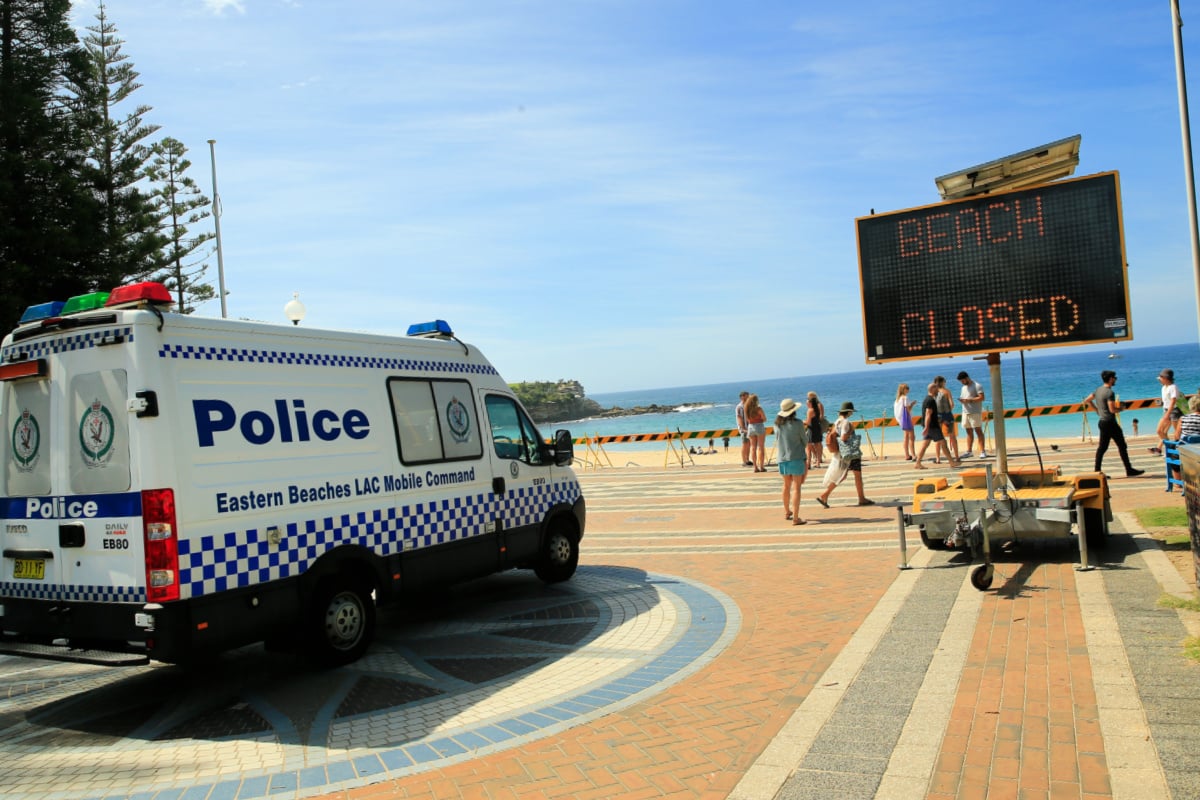
Anyone who’s watching the news right now will know that the rules around what we are and aren’t allowed to do in our new COVID-19 reality is changing by the day.
In different parts of the country, the state and federal Government rules on who we can see, where we can go, if we can go outside and for how long these measures will be in place are changing rapidly to slow the spread of the coronavirus.
Given how quickly the virus spreads, it can be difficult to keep up with what was OK yesterday and isn’t today, and vice versa.

